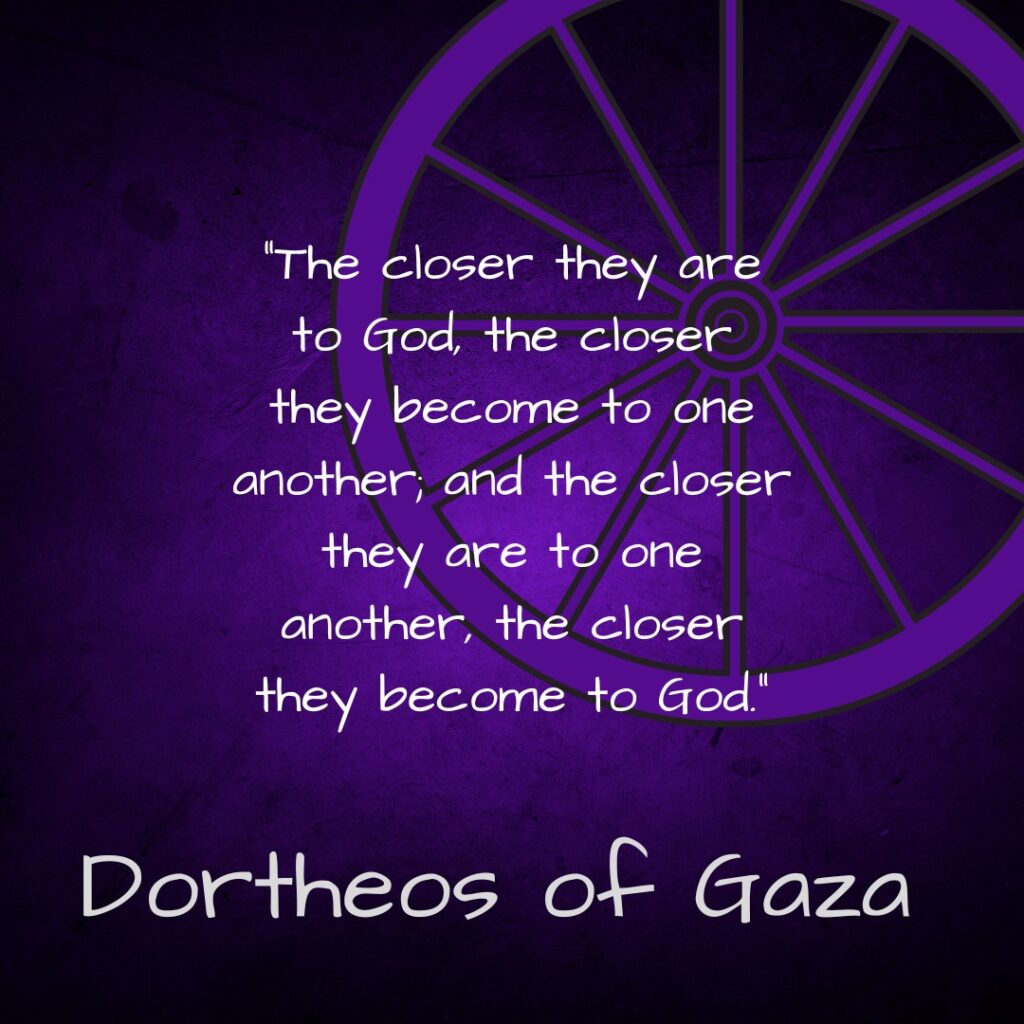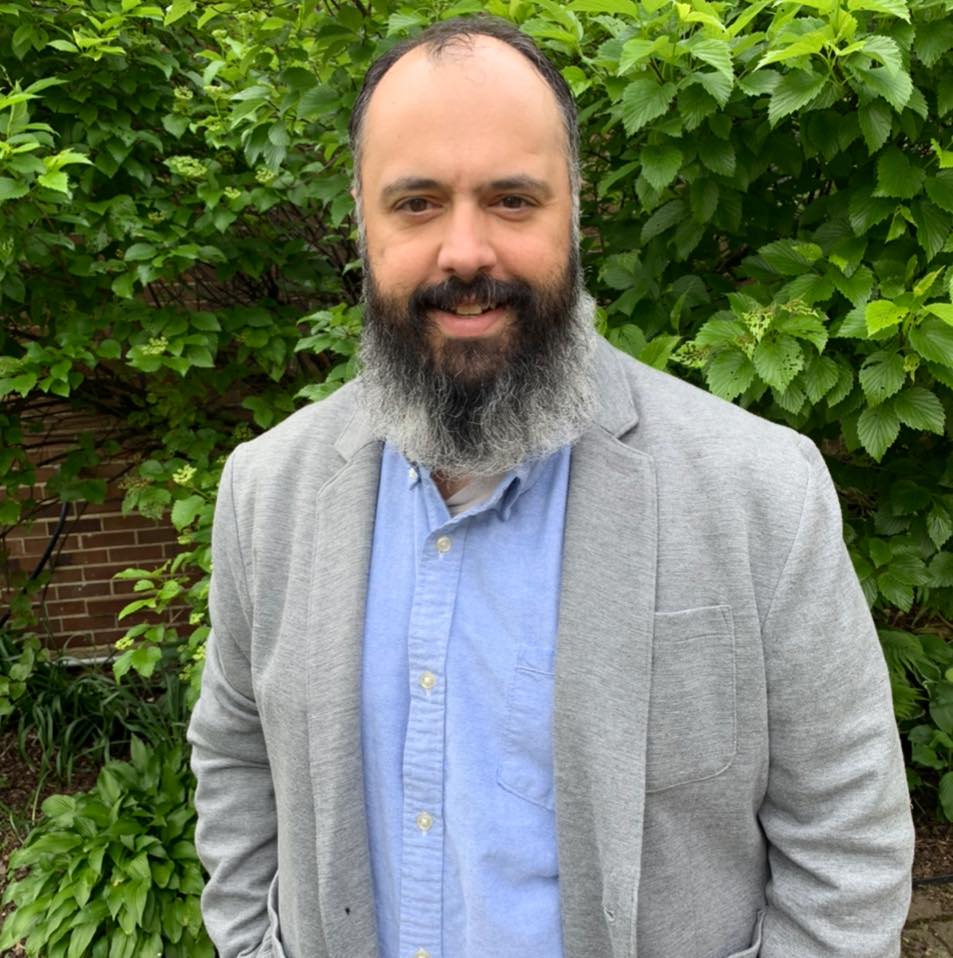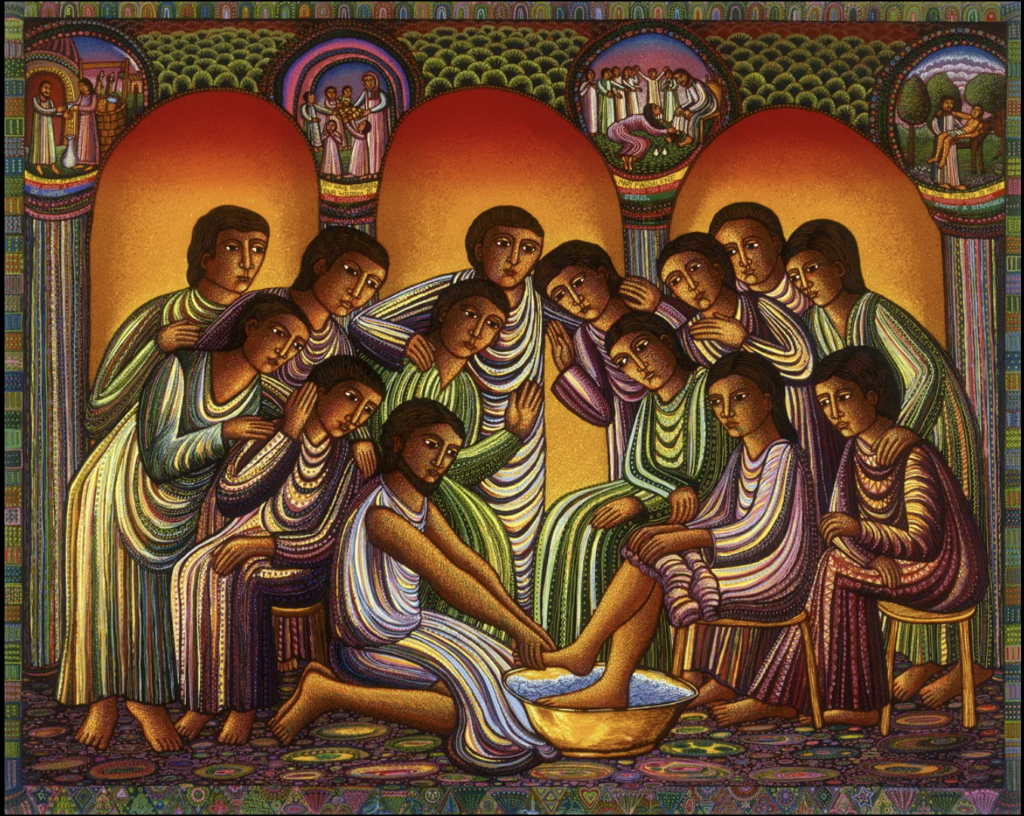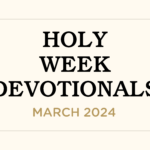My name is Joshua Brockway, and I serve as the director for spiritual formation for the Church of the Brethren. We’re a denomination rooted in the radical reformation and fit somewhere between Anabaptists (Mennonites) and Pietists (Quakers or the Covenant Church). We are often called one of the three Historic Peace Churches for our stance related to war and our work in between World War I and World War II to establish conscientious objector status.
While I consider myself a conscientious objector, or pacifist, or practitioner of nonviolence, this isn’t what keeps me a part of the Church of the Brethren. For me, the Church of the Brethren has this wild idea that when Jesus says to do something, we should do it. This is why the founders of our movement went to the local river in Germany in the 18th century and committed civil disobedience by baptizing each other upon their confession of faith and obedience to Jesus.
This radical obedience to Jesus breaks out of the modern obsession with treating religious things as either inner piety or outward justice, as either individual salvation or transformation of community life.
The Radical Nature of Foot Washing
Here’s another thing we do that gets to what I mean by getting out of this either-or framework.
On the Thursday of Holy Week, we’ll gather for what has come to be known as Love Feast. This isn’t what Methodists or Moravians practice, but a merging together of all the gospel stories of the last supper. We will pray, sing, eat a simple meal, wash feet, and share the bread and cup.
Washing feet has an interesting history in the church. Soon after Francis was named as Pope, he washed the feet of twelve inmates. It wasn’t strange for the Pope to wash feet. In fact, it is traditional for him to choose twelve deacons. Francis broke with tradition and chose persons outside the church hierarchy–inmates, women, and even Muslims. Saint Benedict made the washing of feet a weekly practice as the duties of serving the tables were passed from one monk to another. Benedict also prescribed the practice for guests as part of their welcome into the community.
For my tradition, we take up the basin and towel after a time of prayer and confession. What is so powerful to me is that there is no hierarchy in our washing. There’s no distinguishing between clergy and laity, or between those who are washed and those who are doing the washing. Each one washes and is washed. Each one is cared for, and each one cares for another. It is a radical embodiment of the priesthood of all believers. We each serve as Christ to one another and receive the grace of Christ from someone else. It is both empowering and humbling at once.
The Communal Experience of Foot Washing
For me, this radical practice of Jesus’ example is one that breaks down the myth that we are on this life of faith and discipleship alone. My following of Jesus is not something I can do without other people. As Basil of Caesarea said in the fourth century, “if I live my faith alone, whose feet will I wash?” The practice also keeps me from being the savior. There are times when I am the recipient of someone else’s ministry, just as there are times when I am the giver of God’s healing to another. Our washing and being washed also signifies that spiritual act of drawing each other into the healing, redemptive presence of Christ. We need each other to be like Jesus.
In the sixth century, a Syrian monk, Dortheos of Gaza, sat down to teach his monks about being good neighbors. He drew a circle with a point in the middle and then drew lines like spokes from the outside circumference to that middle point. “At the center,” he said, “is God. And each of us tries to move towards God. The image, then, shows that we cannot move to God at the center of all things without coming closer to one another.” The lesson was simple: We do, in fact, come closer to God and to our neighbor. The closer we are to God, the closer we come to each other. And the closer we are to one another, the closer we are to God.

So, when Jesus says in John 13, we should wash one another’s feet, I am convinced we should do it. And in doing so, we are graced with that single movement of drawing closer to God and closer to one another.
Prayer for the Day
God who washes feet, help us to both offer and receive your grace. For we are grateful for those who have nourished our souls and bodies, drawing us closer to you. And we are humbled by the times we have served our neighbors. In this season of preparation, restore us so that we might draw closer to you and to one another on the day of resurrection. Amen.


About Dr. Joshua Brockway
Joshua Brockway is director of spiritual formation for the Church of the Brethren. He has taught immersion courses on urban ministry in partnership with Bethany Theological Seminary. Joshua holds a PhD in Early Christian History. He lives in Elgin, Illinois with his wife and four kids. For that last two years, he has worked with the Elgin Police Department on the Citizen’s Task Force on Policing, and has worked to bring Kingian Nonviolence training to the department and the community.






